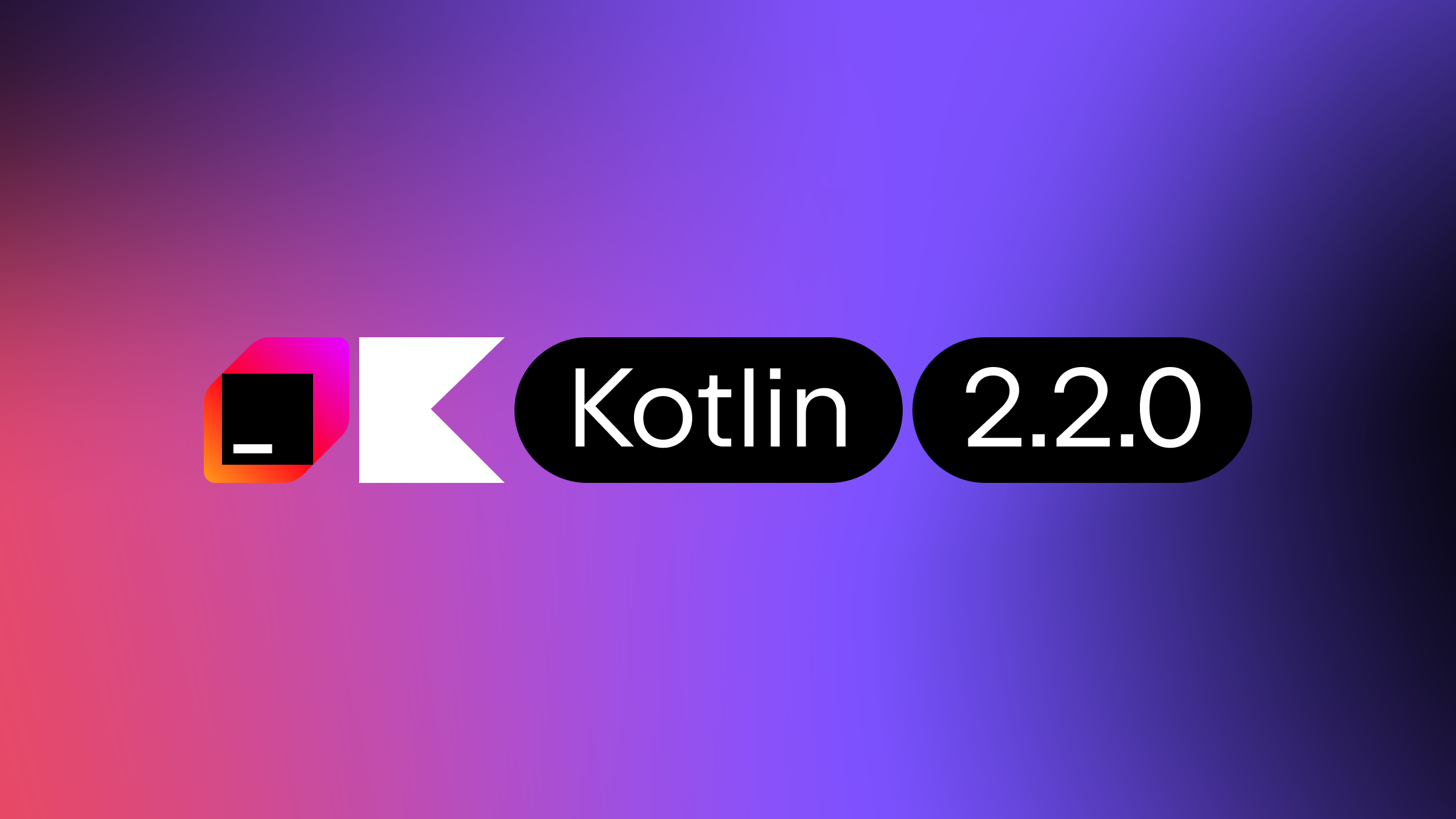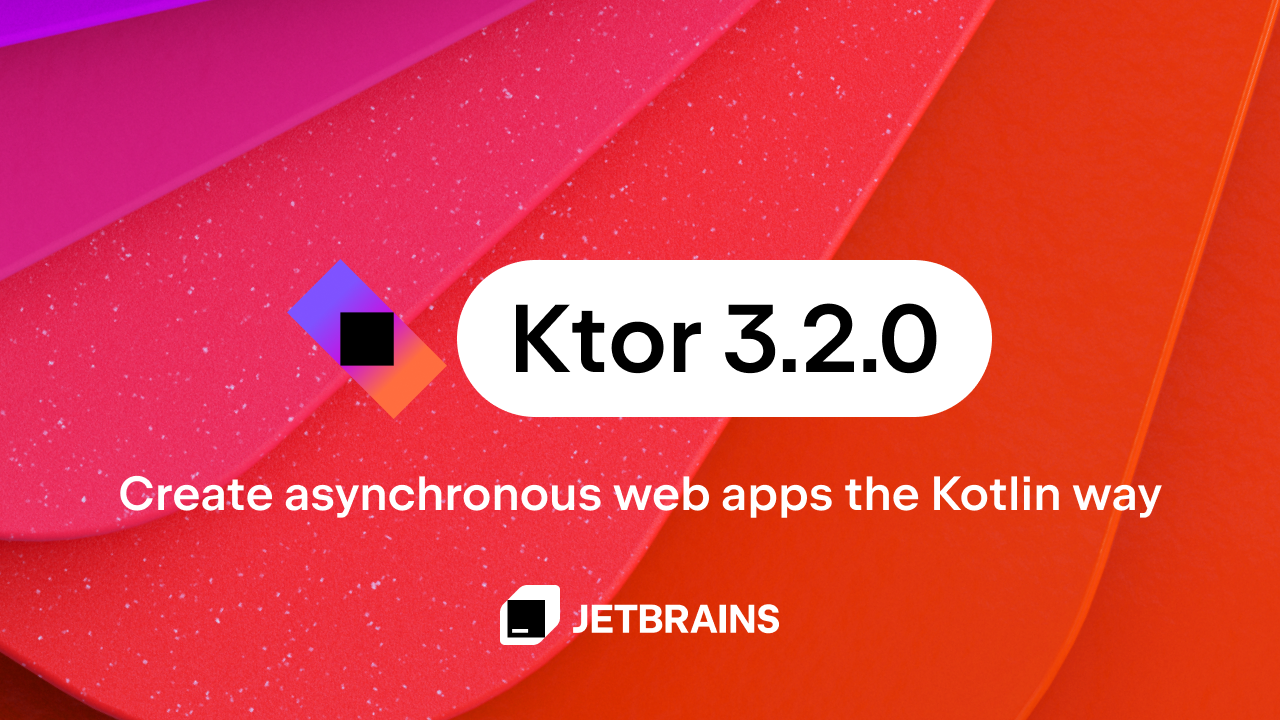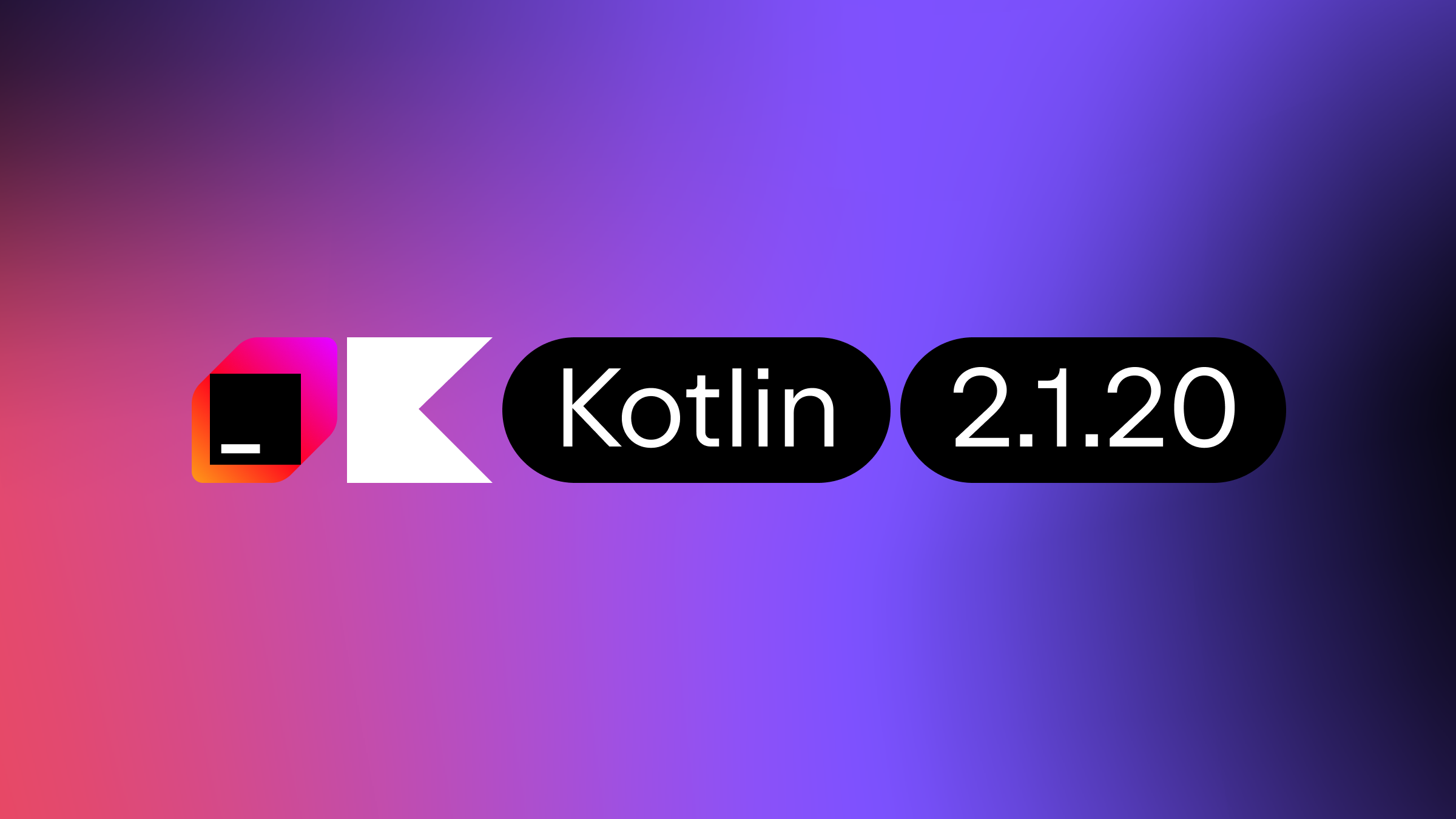Kotlin
A concise multiplatform language developed by JetBrains
Kotlin 1.1-M02 is here!
We’re happy to announce the second milestone release of Kotlin 1.1. This release brings one long-awaited new language feature, destructuring in lambdas, as well as many improvements to features introduced in 1.1-M1, including type aliases, coroutines and bound references. The new release also includes all tooling features introduced in Kotlin 1.0.4 and 1.0.5-eap-66, and is fully compatible with IntelliJ IDEA 2016.3 EAP and Android Studio 2.2.
As with Kotlin 1.1-M01, we give no backward compatibility guarantees for new language and library features. Anything introduced in milestone releases of 1.1 is subject to change before the final 1.1 release.
And once again: please do share your feedback regarding the new language features or any problems that you may run into with this release, via YouTrack, forums and Slack.
The full changelog for 1.1-M02 is available here.
Destructuring in Lambdas
Kotlin 1.0 supports destructuring declarations – a feature that allows you to “unpack” a composite value (such as a data class) and assign its components to several distinct variables. Kotlin 1.1 extends this to lambda parameters, letting you unpack a composite variable passed to a lambda and access its components under distinct names. For example, you can use this to iterate over a list of pairs:
listOfPairs.map {
(a, b) -> a + b
}
You can find more details in the KEEP. Note that the feature is currently supported only for the JVM backend. Nested destructuring, as well as destructuring of arguments passed to regular functions and constructors, is currently unsupported.
Standard Library
Kotlin 1.1-M02 adds several new APIs to the standard library:
- distinct
AbstractCollectionandAbstractMutableCollectionhierarchies to use as base classes for implementing new Kotlin collection classes (KEEP-53); Map.toMap()andMap.toMutableMap()extension functions for copying maps (KEEP-13)
Reflection
The reflection library has gained a substantial amount of new features. You can now obtain more useful information out of a KType instance and create custom KType instances, introspect modifiers on declarations, get superclasses or check subtyping, etc. To see what’s new you can scan down the following commit.
IDE
The IntelliJ IDEA plugin has been extended to support the new 1.1 language features, with new refactorings “Introduce type alias” and “Inline type alias”, an intention action to create a type alias from usage, as well as quickfixes to apply destructuring in lambdas automatically.
Scripting
Starting with this release, Kotlin supports JSR-223 (the javax.script API), allowing you to easily run Kotlin scripts from your application and to use Kotlin as an embeddes scripting language. It also continues the work required to support Kotlin scripting in Gradle build files.
JavaScript
JavaScript support in 1.1-M02 has been extended to support type aliases and class literals (Foo::class).
In addition to that, we’re working to make more of the Kotlin API available in multiplatform projects. To that end, we’ve defined all the standard exception classes in the kotlin package. When targeting the JVM, the Kotlin exceptions are defined as type aliases for the corresponding Java exceptions, and the JS backend provides their full-fledged implementations. We’ve also provided a full Kotlin implementation for the standard collection classes, which is now used in JS projects. (Kotlin on the JVM still uses standard Java collection classes.)
How to Try It
In Maven/Gradle: Add http://dl.bintray.com/kotlin/kotlin-eap-1.1 as a repository for the build script and your projects; use 1.1-M02 as the version number for the compiler and the standard library.
In IntelliJ IDEA: Go to Tools → Kotlin → Configure Kotlin Plugin Updates, then select “Early Access Preview 1.1” in the Update channel drop-down list, then press Check for updates.
On try.kotlinlang.org. Use the drop-down list at the bottom-right corner to change the compiler version to 1.1-M02.
With SDKMan. Run sdk install kotlin 1.1-M02.
If you are using kotlinx.coroutines library please use updated version 0.1-alpha-2, it’s almost the same, but it’s recompiled with 1.1-M02 compiler. You can follow the updates in the readme file.
Have a nice Kotlin!
Subscribe to Kotlin Blog updates








